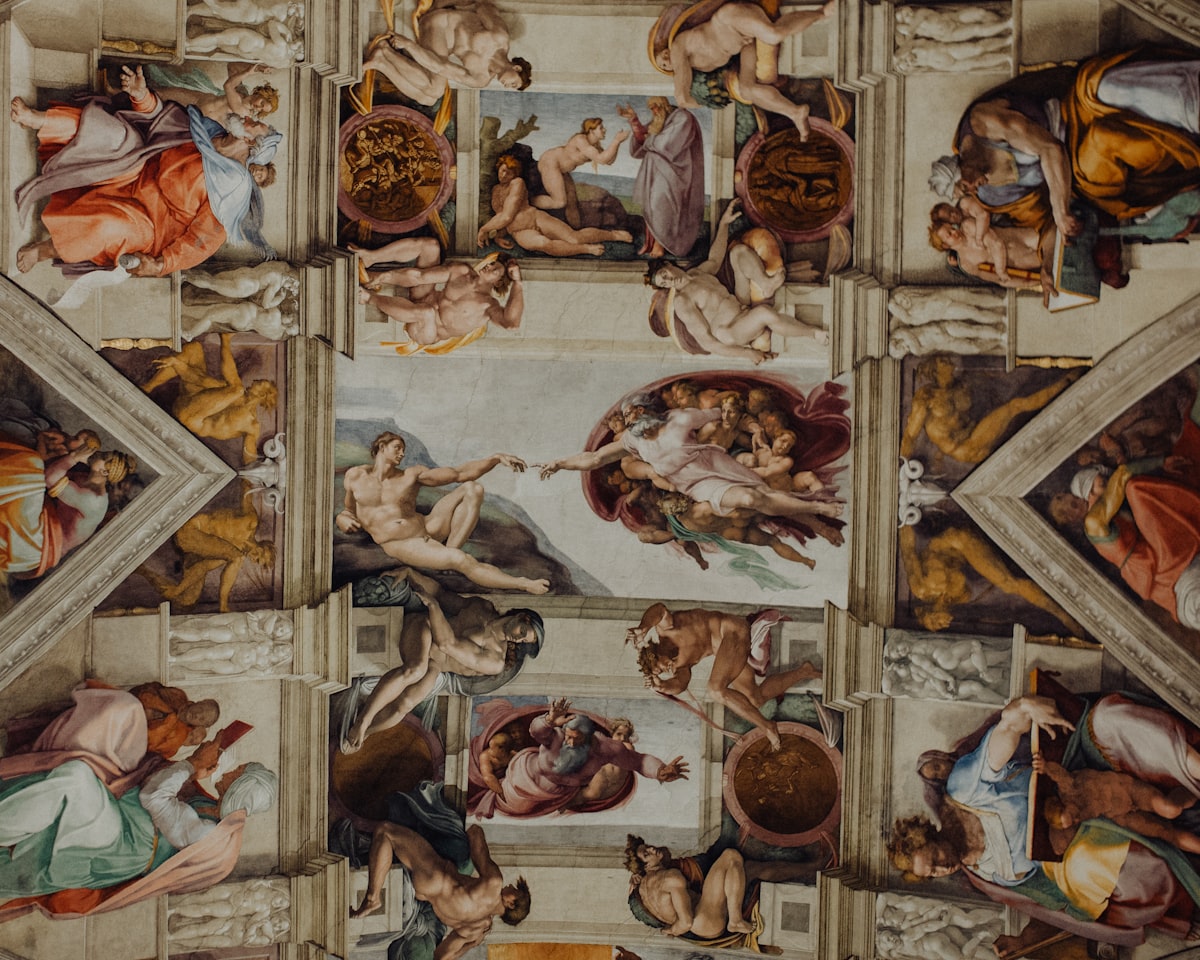Of Omnibenevolence and Free Will
According to Christian theology, the first human beings to walk the Earth were Adam and Eve. For the purposes of reconciling God's omnibenevolence with the existence of evil, this provides a convenient starting point (with a very convenient minimum of variables).
Given Adam and Eve, there are four possible states of affairs regarding the possible entrance of evil into the world.
- Adam is transworld depraved.
- Eve is transworld depraved.
- Both Adam and Eve are transworld depraved.
- Neither Adam nor Eve is transworld depraved.
Given 1, 2, or 3, the Fall is inevitable in all possible worlds. Under no set of circumstances, given Adam and Eve as the first two human beings, could the Fall be avoided as one (or both) of them would always commit the requisite act allowing evil into the world. However, given 4, the Fall is not inevitable in all possible worlds. Under some some sets of circumstances, given Adam and Eve as the first two human beings, the Fall could be avoided as neither of them would necessarily commit the requisite act allowing evil into the world.
God could conceivably select a possible world wherein the state of affairs would fall within 4 and, consequently, God could choose a world which evil would never enter. Therefore, if 4 is a possible state of affairs, God cannot be omnibenevolent given the current world.
However, the foregoing fails to take into account Free Will. Under a traditional analysis, Free Will is an aspect of the individual, something inviolate in the eyes of God, indeed, something so necessary that He allowed evil to enter the world in order to preserve it. However, this traditional view does not go far enough to reconcile the omnibenevolence of God with the existence of evil in the world. Stated simply: Given the possibility of 4 (even if improbable), God could have chosen a world into which evil would never enter without infringing upon the Free Will of any inhabitant of that world. After all, the Adam and Eve of possible world 42 would not have their Free Will impacted or influenced in any way by the fact that God chose not to bring into being worlds 01 through 41 in order to preclude evil from entering the actual world He brought into existence. In fact, Adam and Eve of world 42 would likely not even know that worlds 01 through 41 were possible worlds.
Consequently, the fact that God did not choose world 42 wherein the Fall would not occur and, as a result, whereinto evil would not enter precludes God from being omnibenevolent as He committed an evil act.
Therefore, a different analysis of Free Will is necessary to reconcile God's omnibenevolence with the existence of evil. This is simple. If Free Will is, instead of an aspect or attribute of the individual, a precept of the natural order, an inviolate principle of the metaphysical universe, then God did not have the ability both to select a world from among those possible into which evil would not enter and imbue that world with 'true' Free Will.
Under this analysis, simply choosing possible world 02 over possible world 01 would, of necessity, involve violating Free Will. After all, the act of choosing world 02 over world 01 would, by its very nature, entail infringing upon the Free Will of at least some of those individuals in possible world 01 (those because of whom the world was not selected due the fact that they would commit evil acts). Consequently, had God picked any world other than the first possible, then He would have exercised His power in such a way as to violate the categorical nature of Free Will and, consequently, the resulting world would not have possessed true Free Will (at least as to some individuals). Therefore, God could not have selected a world in which both true Free Will existed and evil did not.
Therefore, Leibniz was, indeed, correct: This is the best of all possible worlds. However, this is elliptical. Stated more completely (and more accurately): This is the best and worst of all possible worlds in which true Free Will exists.

